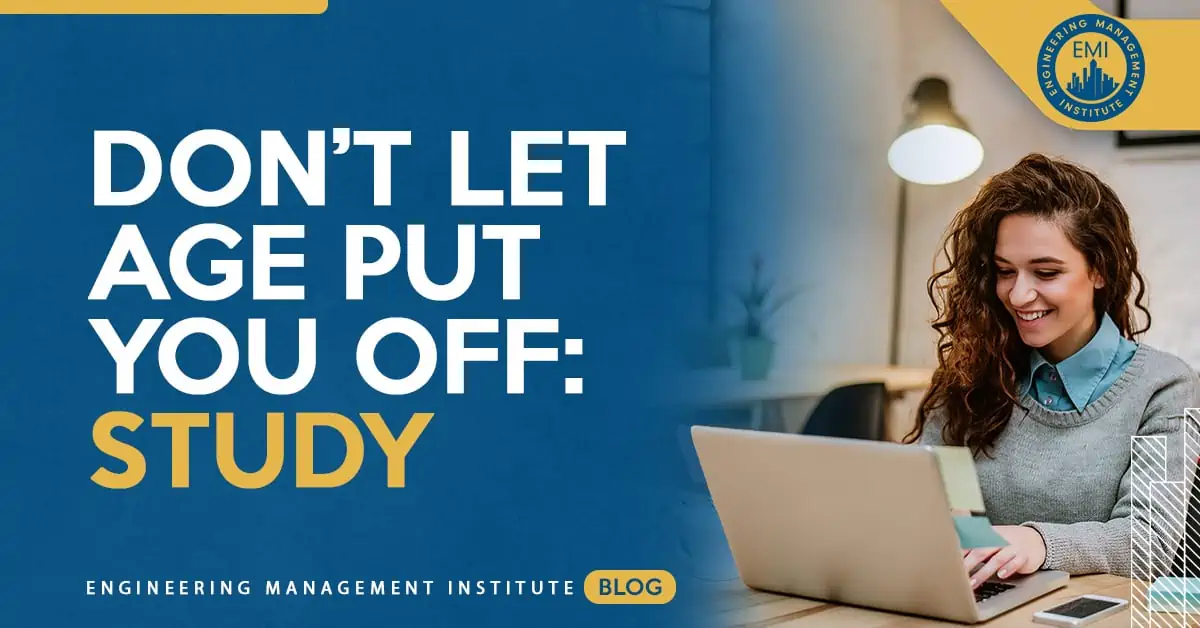This is a guest post by Dr. Rae Taylor
Before I sat down to start studying for the FE exam, I did a lot of prep research. I read everything I could about the exam itself: what was in it, how to book it, what equations would be given, and which ones should just be memorized. I also read everything I could in the way of personal experiences: how difficult people found the test, how much prep work they did, what resources they used. This was mostly Reddit reading. I like to call it r/r/r r/research/reading. It’s like normal research, but done exclusively on Reddit, and as such can’t be trusted.
One big thing I was looking for was the total amount of required study time. Like all people, I have other things going on in my life, so I wanted a rough idea of how many hours I would need to study, so that I could estimate an exam date. There is clearly a huge range in the amount of studying people do for the FE exam. Many factors come into play, such as how long you’ve been out of school, how well you did in school, if you moved out of industry and then back in, and whether you go it alone or take an exam prep course. Based on everything I read, I settled on an estimate of six months of studying, with 10 to 12 hours a week. It sounded like a lot, but that would allow for some weeks of decreased studying due to other commitments and some weeks of just not being bothered.
One thing I didn’t think about and didn’t read about was studying while being older. You might ask if that is the same thing as having been out of school for some time, which I already mentioned above. I would say that they are related, but different. Maybe two sides of the same coin. For me, how long you’ve been out of school just tells me how long it’s been since you’ve taken a course on something. Maybe you’ve been working as an engineer, but in a particular subfield, and haven’t seen this material for a few years. Being older is different.
Being older is accepting that you might need to work a little harder. Sure, you haven’t seen the subject in a while, but it’s also been a long, long time since you sat and studied for anything, been asked questions in the bizarre way they do in exams or had to memorize formulas. Being older means worrying that if you have trouble with any of those things, maybe you just can’t do it anymore. Because you’re older.
I was reminded of the time when I was going to learn Chinese. My plan was to learn with my daughter, who we are raising to be bilingual. It would be really easy because she is a baby and I’m a grown-up who knows how to learn things, asks questions, and has the ability to hold a pen and make colorful flashcards. She was around 18 months old when people started complimenting me on how well I was doing with the language, being able to help my daughter when she mixed up English and Chinese. She was about two years old when I knew she had surpassed me, when she started to correct my Chinese, and when I had to ask her what Chinese word she was saying. At two and a half, she would have extensive conversations with people in Chinese and I would interject with “You said ‘black’, you did, you did, I heard it. I know that word.” The point is, in both cases it was a lot harder to learn (while older) than I expected, no matter how many colorful flashcards I had. And in both cases, it was quite disheartening.
My first week of studying was more preparation for the exam than actual studying. As a born project manager, I found this fun. I made a spreadsheet, updated my calendar (both paper and electronic), collected the books I needed, and added stickies to the relevant sections. I collected the electronic documents I needed and copied their titles under the relevant headings in the spreadsheet, so it was all together. Are the headings color-coded? Well thanks for asking, yes they are. I then took the online course “Fundamentals of Engineering Exam Review” with Coursera. This course is definitely missing some things and isn’t all you need to be prepared for the exam, but it is a great warm-up and really helped me get going. I finished the course confident that maybe I had allowed too much time to study, and I really did have this.
But then came the time to work example problems on my own. Now, this could just be me, or maybe it’s the being older thing, but I can’t count how many times the example problems made me shout “I’ve never done this before,” or “They didn’t teach me this in school,” or the classic “They teach you this in school? I didn’t see anything like this until I got to industry,” only to find, in my own handwriting, some incredibly detailed notes, with worked examples, of the very thing I just claimed to have never seen before. Sometimes I even saw other people’s handwriting next to mine, where we were having a little chat in class about the subject. Some of those chats even finished with “Can I get a copy of your notes?” as if to mock future Rae.
Then I had the sudden realization that the saying is wrong, and you can, in fact, teach an old dog new tricks. At the very least, I’m pretty sure you can teach an old dog tricks they already knew, but haven’t performed for a while. So, this old dog just needs to learn the tricks she used to know. Some of that is forgotten subject matter, but most is how to answer exam questions, and how to do so in a timely manner (around three minutes per question). For inspiration, I thought back to my university days, and some of the mature (older) students in my courses. I would argue that they were far more dedicated than the rest of us and could really focus when we couldn’t. Maybe it’s because they had more of an idea of how much it mattered, or maybe it’s selection bias, since the people who choose to go to university later in life are the kind of people who would try hard and focus on everything. Either way, if they could do it, maybe so could I.
I then found myself looking for information and stats on the general topic of studying while older. OK, I was really looking for tips and tricks to use myself, but I call it research when someone asks what I’m doing (I don’t want to admit I’m older). I noticed that all the data seems to be on people returning to education in a formal way, enrolling in university or night classes, with much less information about informal, self-directed study, such as for professional qualifications.
I found this in itself very interesting, as the majority of grown-ups I know have to do continued personal development of some sort. As engineers, we benefit so much from our professional memberships and qualifications that it’s hard to find a person who isn’t working toward something or other. I had assumed there would be more information and data out there about self-directed study, but all I found regarding professional qualifications was that they are completely worth the time, effort, and money you pour into them.
I started to think what it comes down to is that time away from study, formal or not, makes it seem impossible to go back.
So did my research provide me with any tips or tricks? Is there any hope? Yes and no. While there is no substitute for studying, and in the case of the FE exam, doing practice question after practice question, I did find some hope. You could maybe even categorize it as a trick.
If you have taken to reading magazines such as “Psychology and Aging,” “Journal of Experimental Psychology: Learning, Memory, and Cognition,” “Gerontology,” and “Developmental Psychology,” as I’m sure we all have, then you may have read many times about a variety of methods that can be used to work around the influence of aging on mechanisms of learning. Having read these papers in combination with zero training in the field of gerontology, but armed with Google, it seems to me that the problem isn’t being older, the problem is being out of the game.
Not taking tests makes you worse at taking tests and can make you think you are simply incapable of taking tests. For some people, that leads to giving up quickly and for others, it means there is a constant fight with the voices in your head that tell you that you can’t when really, you can. Pretty obvious, I know. But now you know it too. So rather than putting off going back to school to get your master’s or avoiding the PMP certification process because you are older and it’s harder when you are older, remember: Yes, it is harder, but that’s OK, you can still do it. Then sign up and gain that professional advantage from the thing you are putting off.
Side note: Research has shown that trying to learn a new language is harder the older you get, so don’t use that as a benchmark for your ability to learn. And never compare yourself to a smug two-year-old who may be lying to you about what her dad just said.
About the Author:

I hope you enjoyed this week’s post by guest author Rae Taylor. If you’re interested in your firm possibly joining the Civil Engineering Collective, please contact us here or call us at 800-920-4007.
I hope you’ll join us.
Anthony Fasano, P.E.
Engineering Management Institute
Author of Engineer Your Own Success


